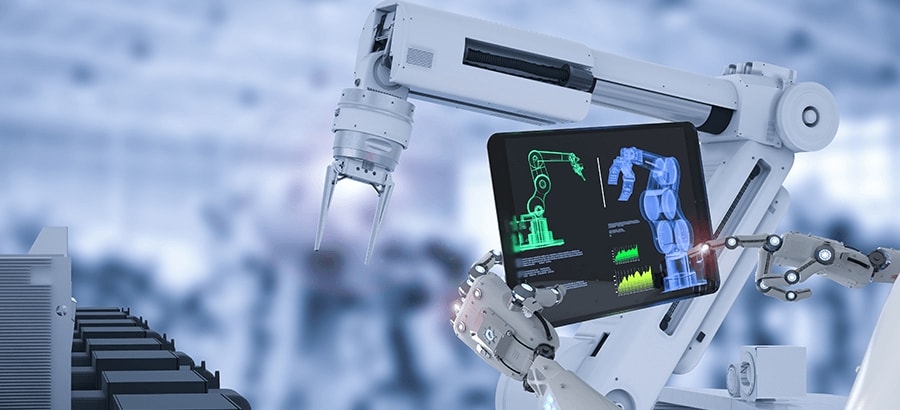One of the big differences between Tier 1 and Tier 2 ERP implementations is process maturity. They may be two short words, but they underpin huge differences in how ERP projects play out including how you approach the project, what you do, and how you do it.
Month: July 2014
SYSPRO in the procurement chain
I recently took part in a management workshop, which saw two competing teams manufacturing a particular structure. This was a simulation exercise using Lego blocks in which we had to make as many structures in a minute as possible and deliver them successfully to the “customer.” The customer would then quality check the output and advise each team on how much revenue had been generated (you could lose revenue through rejections).
The first round came and in the excitement to deliver to the customer, we forgot about the supplier, we ramped up our stocks, we didn’t worry about the costs. We paid for it in profitability at the end of the round, the deductions for working capital really stung our bottom line.
Twenty questions for CFOs embarking on an ERP project
As the CFO of an organization, your responsibility is to ensure efficient and effective financial operations and records, and influence overall strategy. An ERP is the foundation of the operations of a business. For a CFO, it enables you to track and report on all business transactions, analyse information, ensure governance and compliance, and increasingly do this via mobile devices. Therefore, you need to be very sure your ERP project will deliver what the business requires, and also what was promised.
Tips for ERP Consultants Going Down-Market: Pricing
One of the biggest difficulties that consultants going down-market have is getting the price for their services in the right ballpark for small- and medium-sized businesses.
Speaking from the perspective of an ERP vendor, we often come across prospective clients who have misleading expectations for the price of ERP set by a consultant who didn’t understand the lower end of the market.
Three Common ERP Myths De-Bunked – Myth #3: Selecting on functionality
We are told time and time again, we should not always be so quick to believe everything we hear, and this also holds true in the software industry – particularly ERP.
In my first blog on de-bunking common ERP myths, I discussed the fallacy that ERP is too hard to learn. In my second blog I explained why there is no such thing as a one-size-fits-all ERP system. In this blog , I discuss why there is more to selecting an ERP vendor than just the technology and the functionality, and this is certainly true of SYSPRO.
Three Common ERP Myths De-Bunked – Myth #2: ERP is one-size-fits-all
In my first blog on de-bunking common ERP myths, I discussed the myth that “ERP is too hard to learn”. In this next blog I discuss how (despite marketing attempts to the contrary) when it comes to Enterprise Resource Planning, one size DOES NOT fit all.
Myth #2 – ERP is one-size-fits-all
Manufacturing Technology Trends: Production Proximity
Looking to the future, the variation of customer demand globally will require that manufacturers adopt production proximity – having a few plants around the world that produce standard platforms and components, then doing final assembly in local factories which can better serve local needs. This trend is playing out on two fronts – re-shoring of global plants, and local assembly. Both of these trends help manufacturers meet the demands of consumers who are increasingly expecting customized products delivered in a timely manner.
Manufacturing Technology Trends: Faster Decision-Making
Continuing with our topic of manufacturing technology trends, fast decision-making will be one characteristic of successful manufacturing operations of the future, and technology is providing faster access to a greater volume of information both from the factory floor and from external sources.
Three Common ERP Myths De-Bunked (Part 1 of 3) – Myth #1: ERP is too hard to learn
As humans, we are often quick to believe speculation and establish opinion based on what often happens to be myth. As we are told time and time again, we should not always be so quick to believe everything we hear, and this also holds true in the software industry – particularly ERP.










